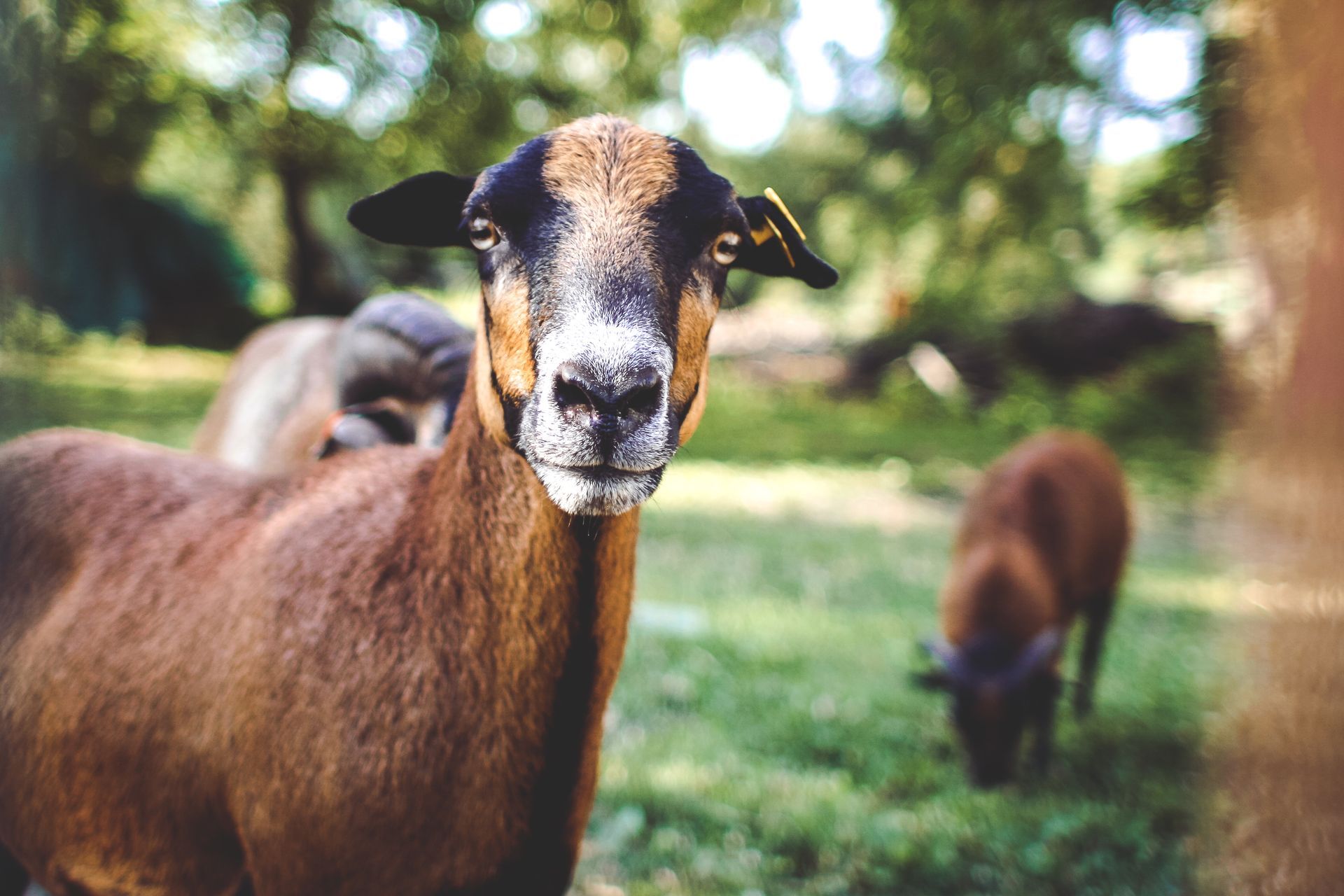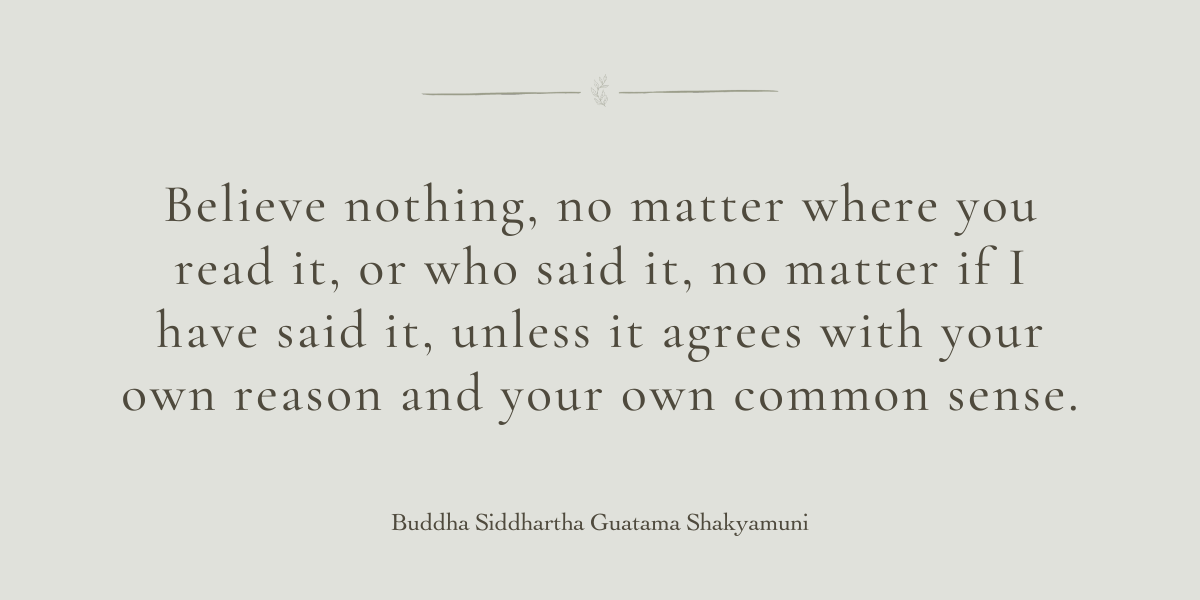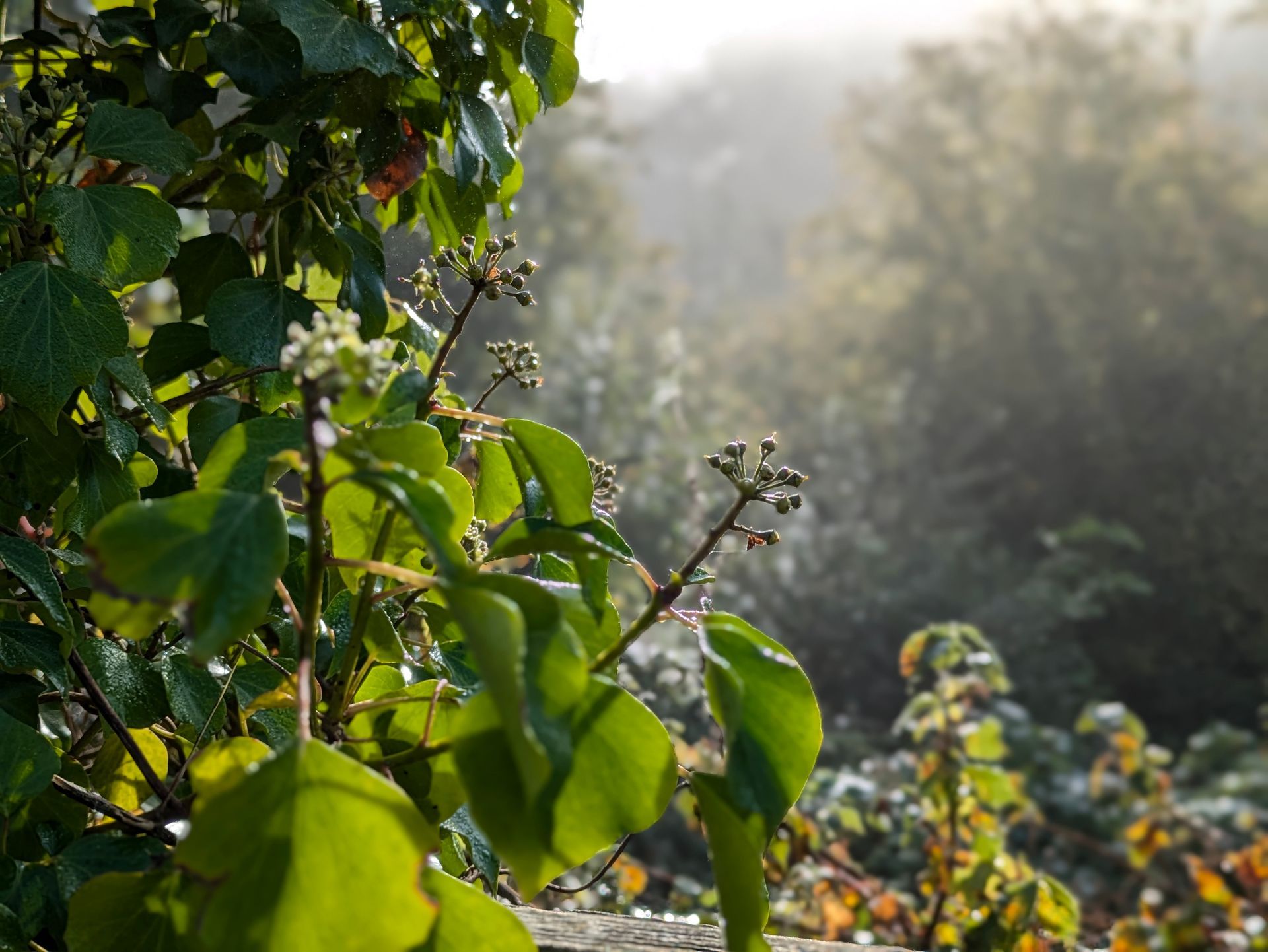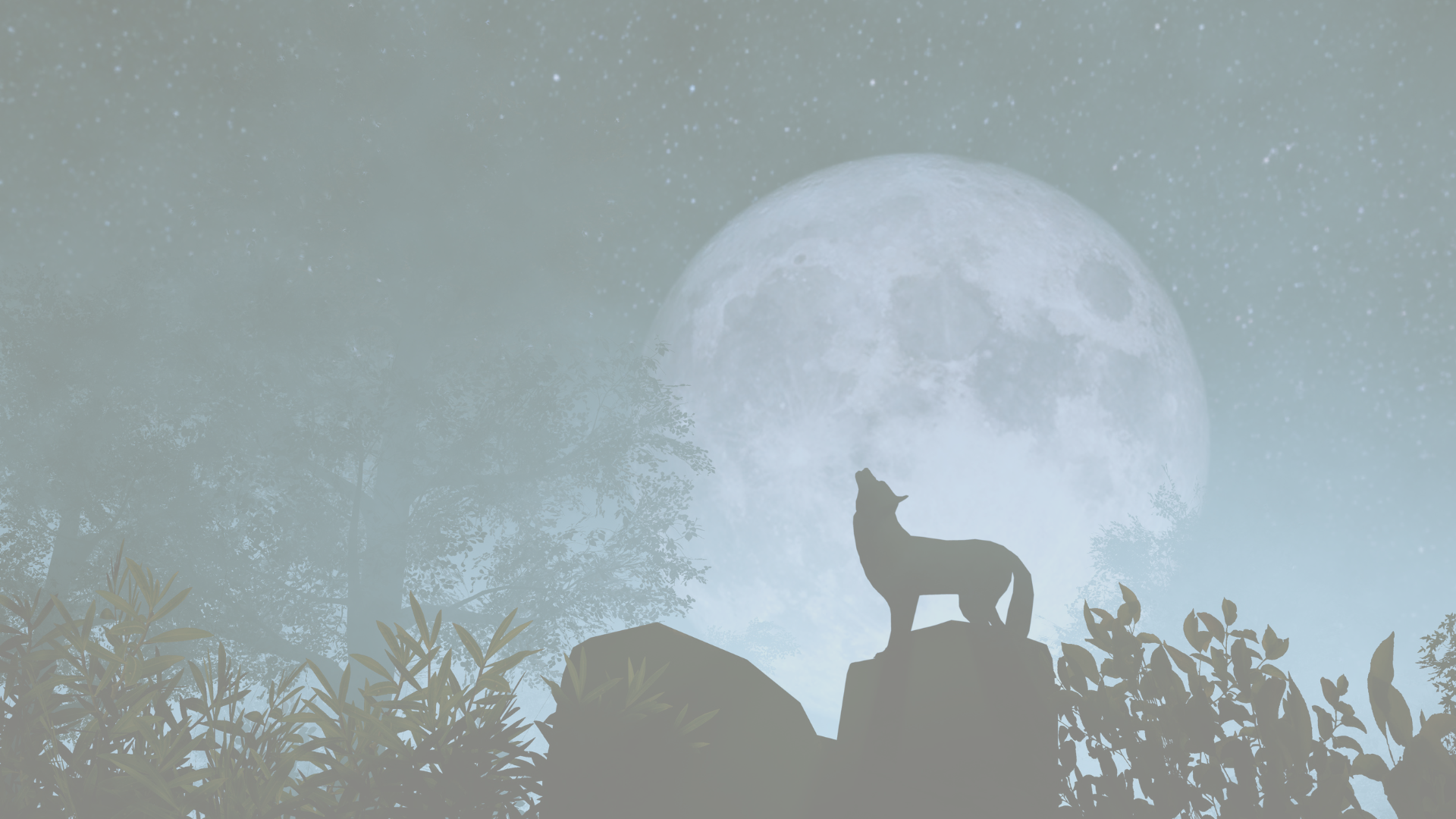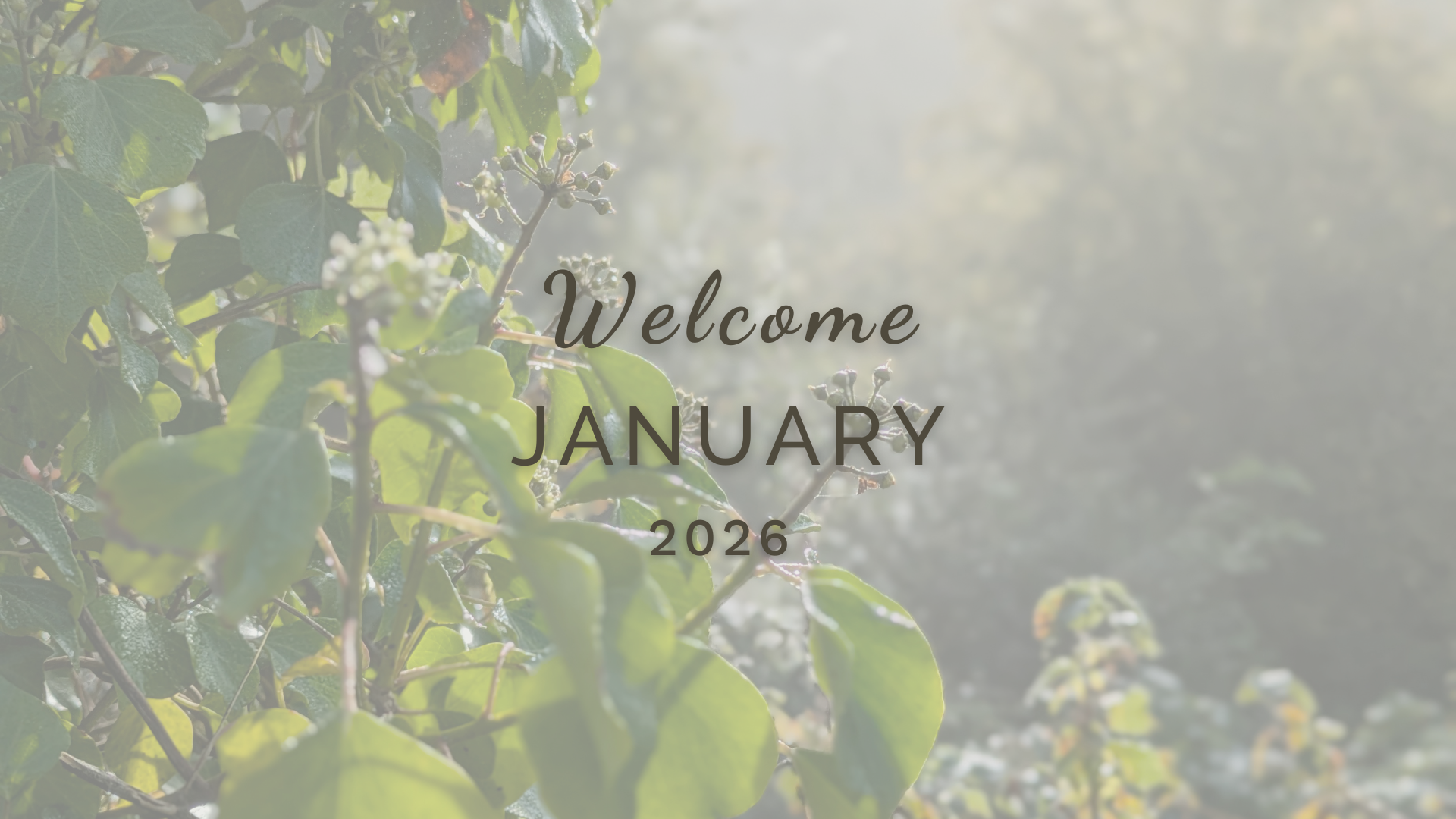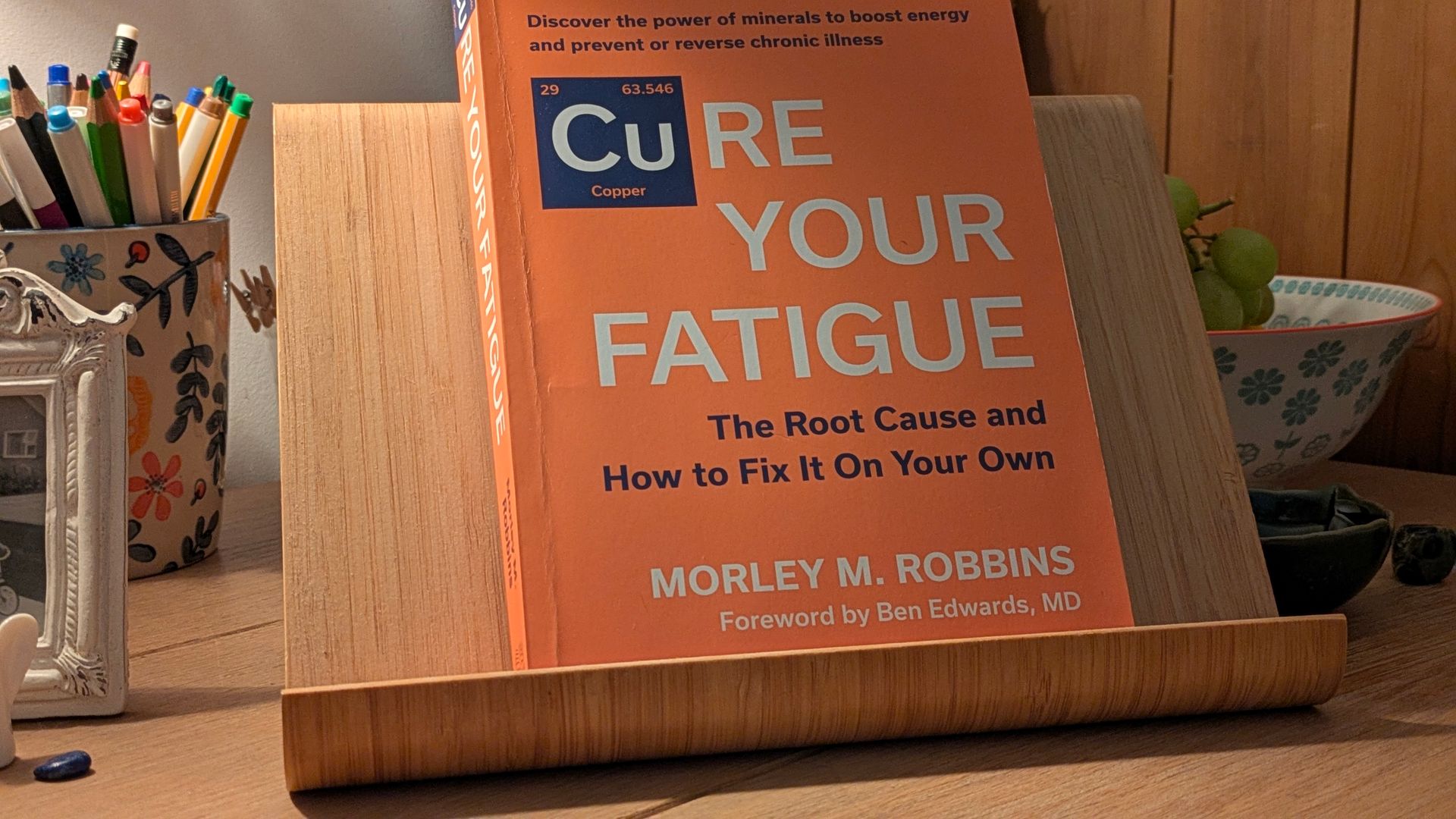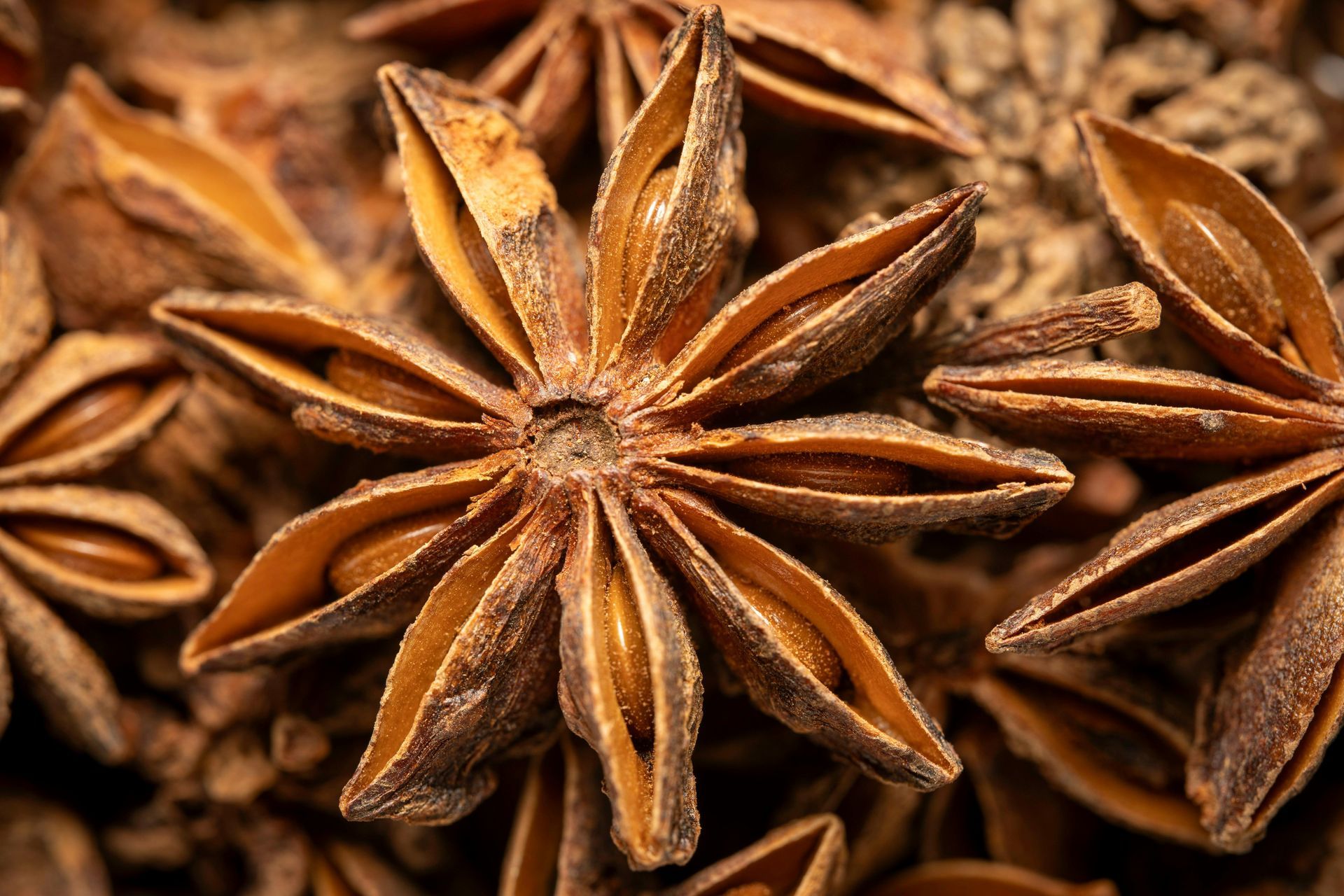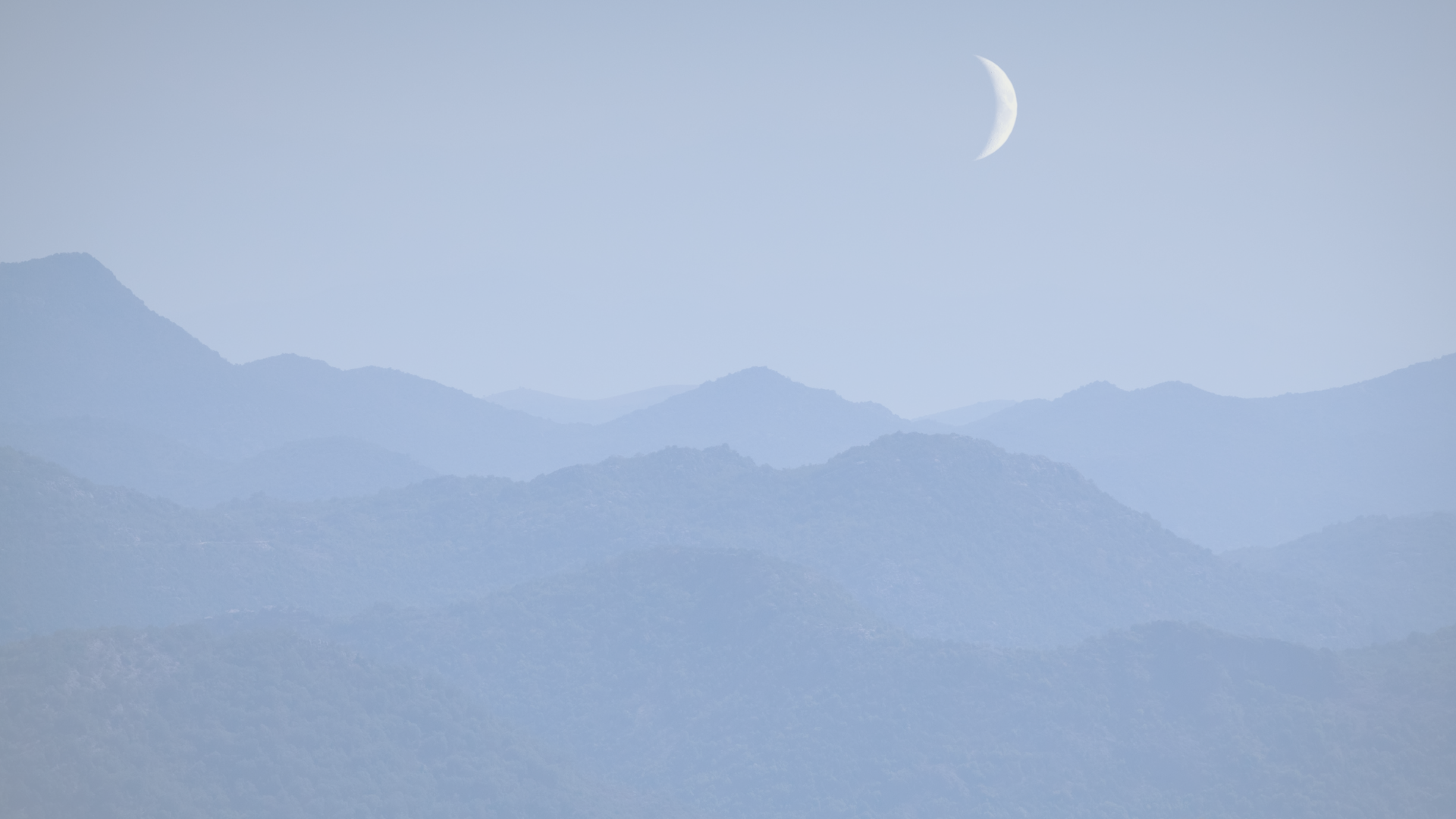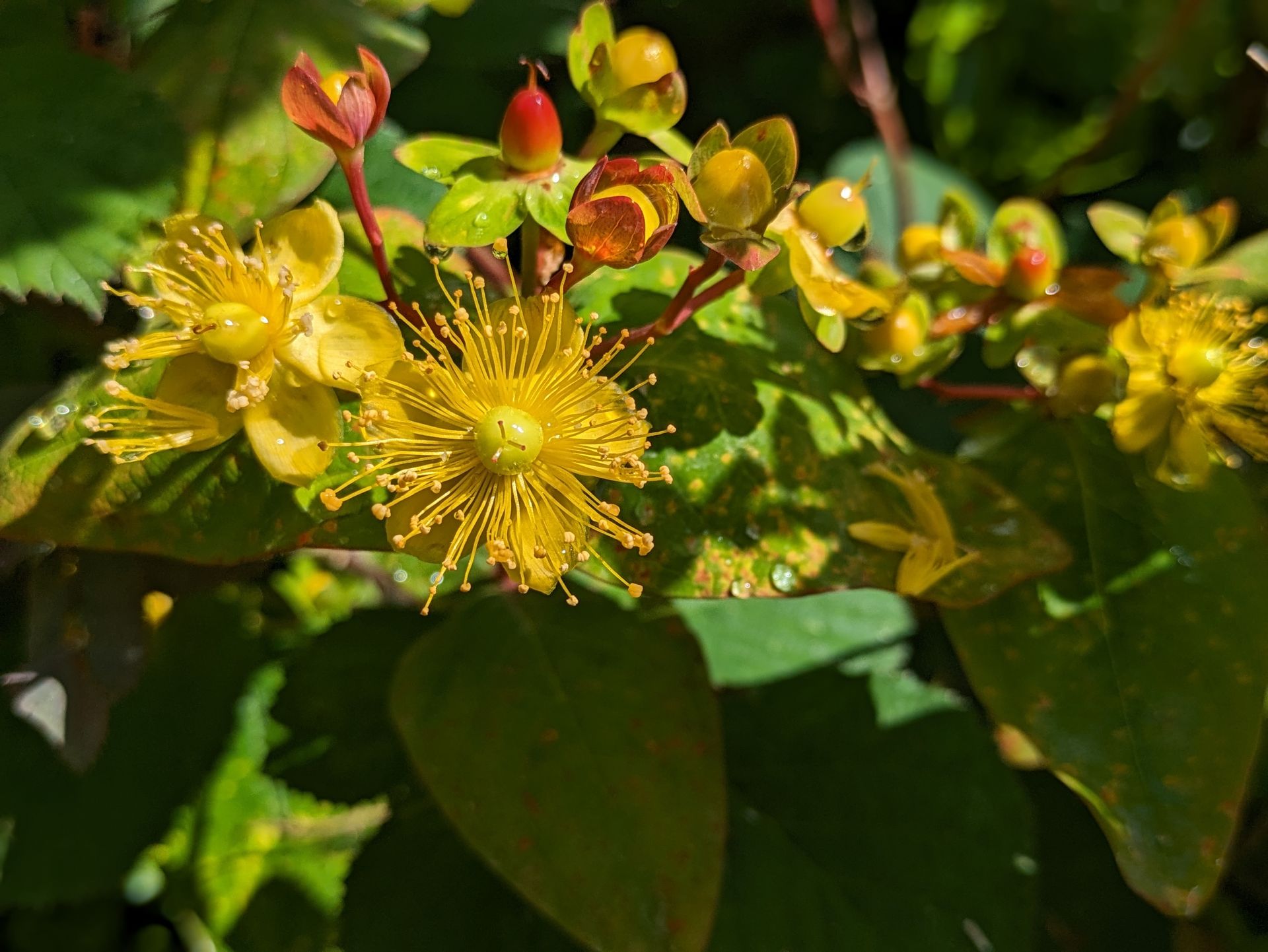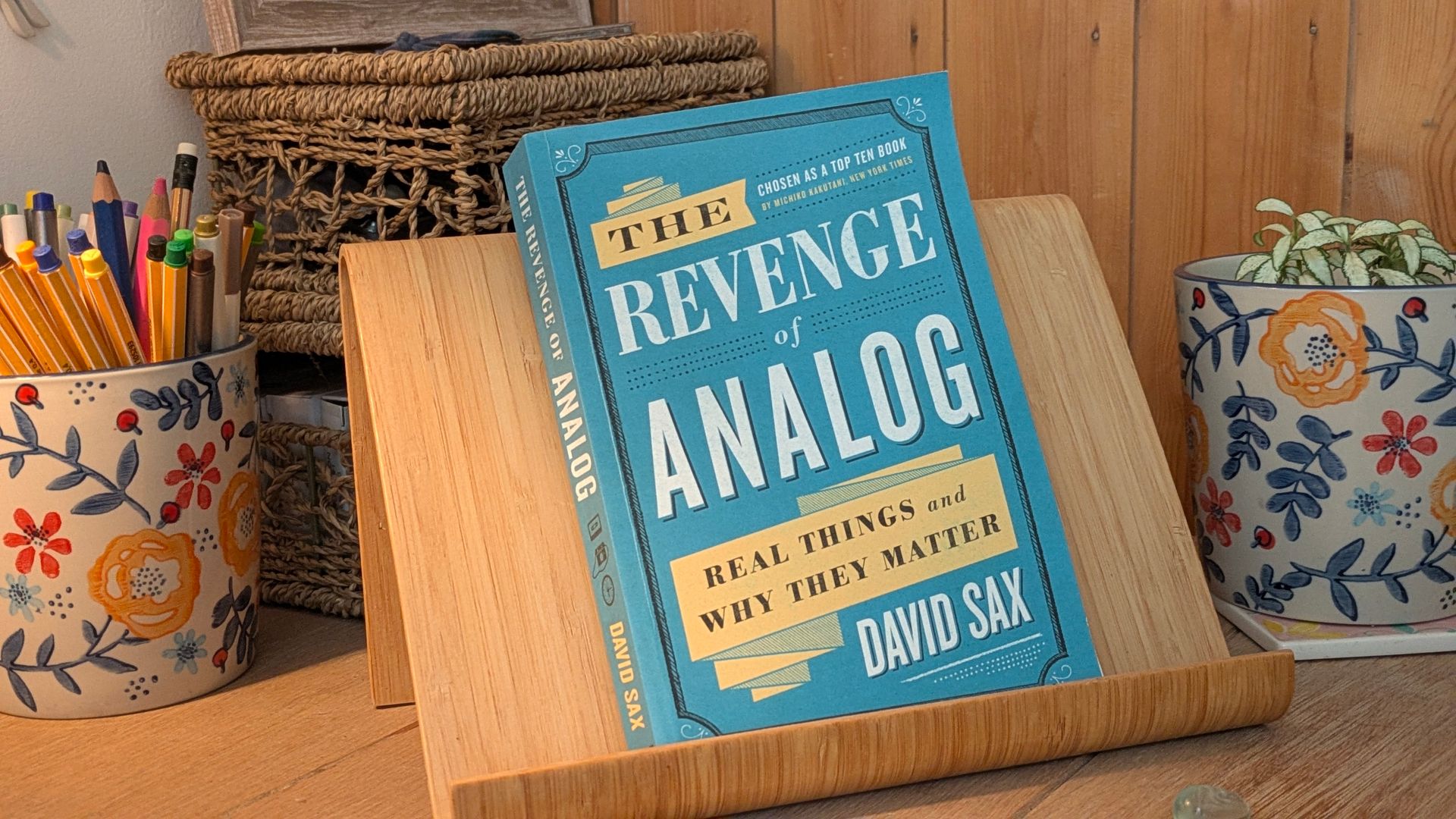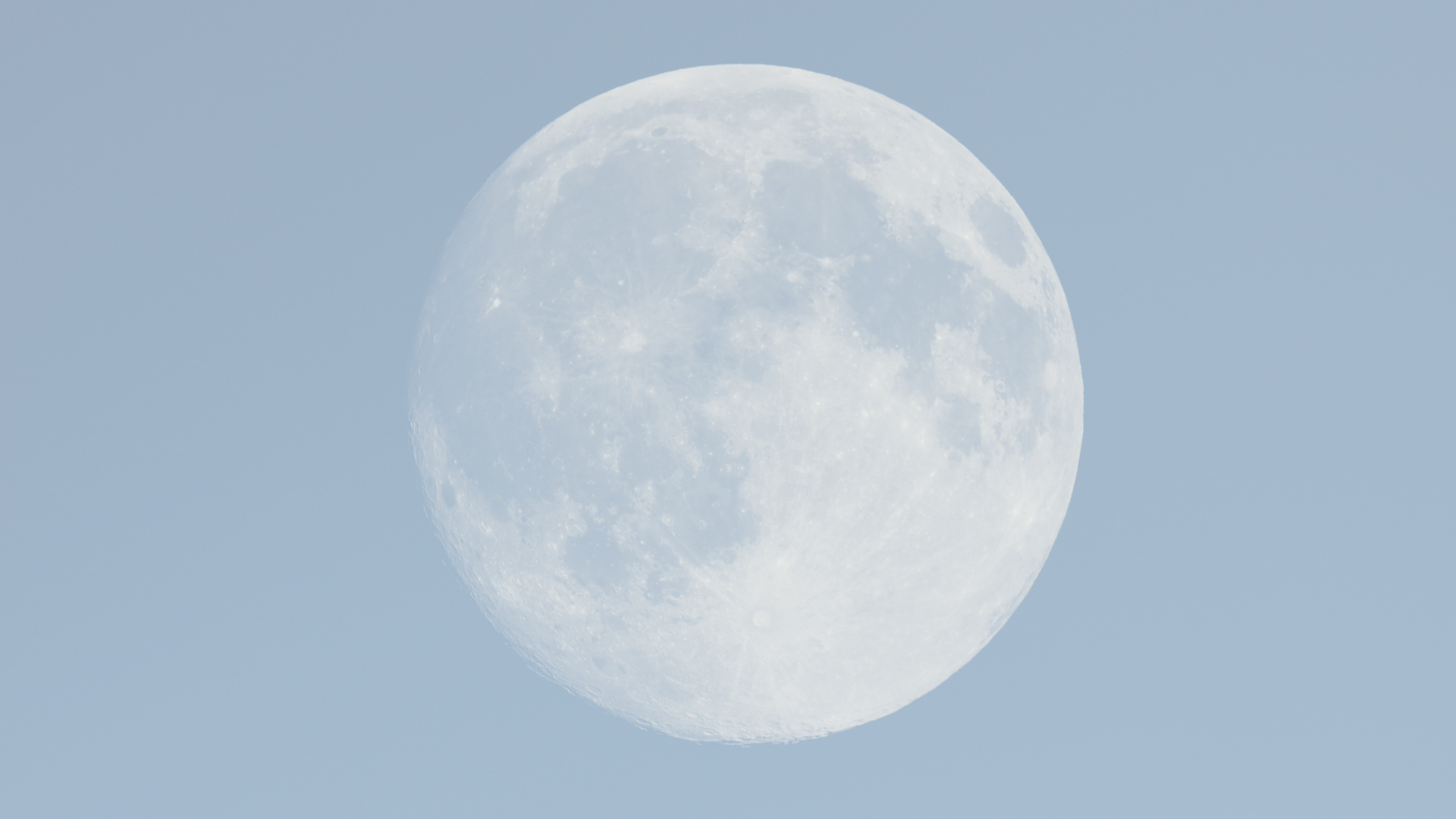The Nature of Curiosity
Seeking out new information, experiences and challenges is good for us
Curiosity is a welcoming attribute that signifies one has an open mind and a genuine desire to discover new things in a spirit of acceptance, surrender and wonderment. Being curious in our everyday lives brings enlightenment, builds trust in oneself and increases confidence in our ability to learn and grow.
Curiosity has not only been essential to our survival from an evolutionary perspective, it is crucial for us to understand who we are and how best to live and grow through our lives. It provides the incentive we need to master the skills, experiences and knowledge we need to realise our dreams and navigate the world around us.
The word curiosity dates back to the Modern Day English word for cure and even further back to the Latin etymon cura which means a sense of care and wanting to know more. This innate desire to seek out new information, experiences and challenges is a fundamental human trait that has driven exploration and discovery throughout history and is the driving force behind continuous learning, life experience and personal growth.
Curiosity leads us to ask pertinent questions, explore new ideas, express our creativity and seek out new life experiences and adventures. Without it, we would have no desire to learn and evolve as individuals. When we feel curious, we feel motivated to discover and understand things that we didn’t know or understand before. When we are genuinely curious, we are more likely to want to try things out, take risks and move ourselves out of our comfort zone.
For these reasons and with the right intentions, curiosity can lead to many positive outcomes such as heightened creativity, successful problem-solving, improved communication, lots of fun and high levels of personal achievement.
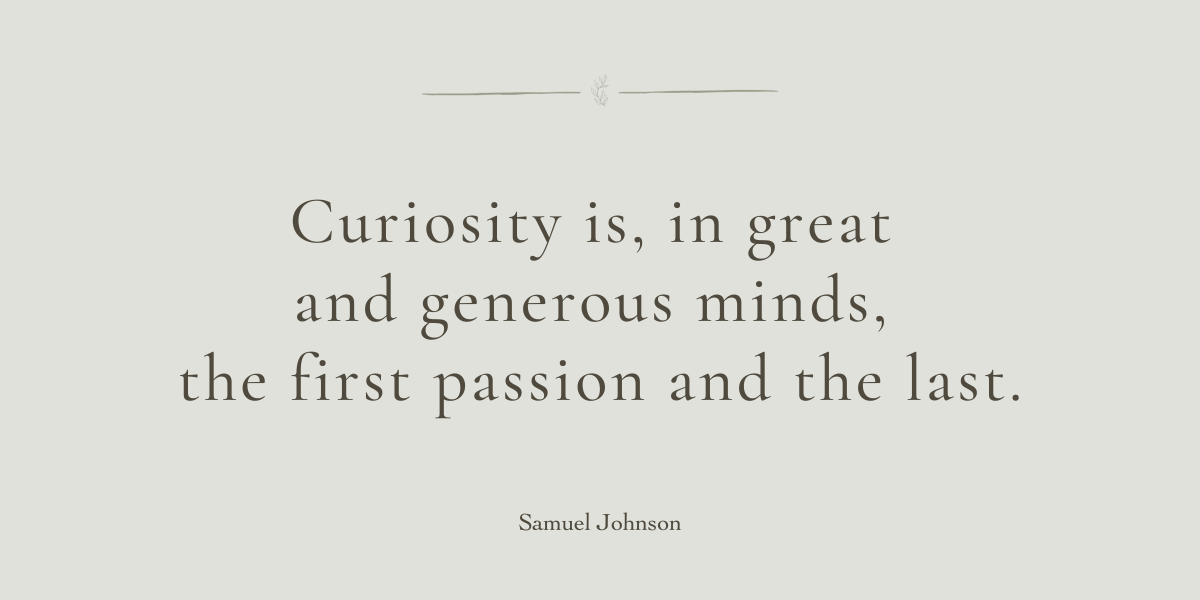
Curiosity and Buddhism
In the Buddhist tradition, the concept of curiosity is encapsulated in the idea of developing a Beginner’s Mind so that we are always in a state of being open, curious and accepting towards ourselves, others and our lives. This is a practice known as Shoshin. It encourages us to lower our expectations and remove preconceived ideas so that we can see things with an open mind, fresh eyes and simple acceptance – just like a beginner.
It is true that those who are the most present and content in life have worked hard to achieve a balance between knowing and not knowing. They have accepted that wisdom is transient amd cumulative, shaped and informed by our entire and ongoing life experience. It means they have accepted that what they knew yesterday might no longer be relevant today or what they thought to be true might no longer true anymore. For these reasons alone, they are forever curious.
Curiosity is the mechanism that helps us to tune into our intuition and ask questions that help us to work things out, to change and grow. Igniting our sense of curiosity means treating every day as a new beginning and every moment as an opportunity to learn. It brings to mind what we need to focus on and what we need to let go. It reminds me of the Serenity Prayer: God grant me the serenity to accept the things I cannot change, the courage to change the things I can, and the wisdom to know the difference.
Our natural curiosity and interest in things as we journey through life drives us to learn the things we need to learn and deal with situations and challenges in a way that helps us to move forward. Curiosity opens the door to new ways of thinking and when we are willing to listen to and explore different ideas, experiences and knowledge, curiosity becomes a means for us to learn from each other.
The practice of Shoshin means being open to embracing our curiosity and being comfortable with not knowing. This is because the state of not knowing is the precursor to knowing something we didn't know before. It is an essential step in our learning journey. There is always so much we can learn which is why not knowing is seen as a strength rather than a weakness. The following metaphor describes this perfectly:
If the cup is already filled with water, then no matter how much water we pour into it, the cup cannot be filled any further. Water will overflow and it will be a waste. If we want the cup to retain or hold water, then we must empty the cup first. In the same way, if our mind is already filled with preoccupations, such as unnecessary rigid notions, opinions, stories, ideas, and the like, then no matter how much we hear, it will be a waste.
To incorporate curiosity into our daily lives there are some simple techniques we can use to encourage a Beginner’s Mind approach to life and living:
- Practice curiosity - open yourself up to seeing and learning more
- Notice your expectations - lower expectations and accept outcomes with curiosity and openness
- Be fully present - take a deep breath to fully experience the moment in the here and now
- Seek newness - awaken the senses by seeing things with a fresh set of eyes, ears and perspectives
Curiosity and Nature
Curiosity plays an important role in our relationship with Nature when we allow ourselves to tap into our innate sense of wonder. Opening ourselves up to new ways of being and actively seeking insights, fuels our curiosity for the natural world and means we are more likely to seek out opportunities to learn and explore new things in all sorts of other ways. In addition to expanding our knowledge and appreciation of the natural world that sustains, delights and entertains us, curiosity enables us to engage with our inner self ever more deeply.
For this to happen, we need to approach Nature with a willingness to experience it and learn more about it. This draws us towards healthy activities such as walking, hiking, camping, gardening and birdwatching. It also encourages us to read books and articles about Nature, to watch videos about Nature and to bring friends and family together for outings and outdoor get togethers. Curiosity also inspires us to attend workshops or simply spend more time observing and appreciating the beauty of natural things.
When we show interest, we motivate ourselves to observe and take in the complexity and beauty of Nature. We feel inspired to delve deeper, tune into each of our senses and feel the interconnectedness of all living things. Being fascinated is energising, and only when we immerse ourselves fully into an experience do we get to enjoy the wonders first-hand.
Curiosity and Nature are a powerful combination creating a synergy that enhances life in a myriad of ways. When we pay attention to Nature - to landscapes that delight, plants that grow, flowers that bloom, birds that sing - our imagination is triggered, our creativity gets a boost and we feel compelled to know more.
Nature is so perfect and magnificent, it inspires us to appreciate the complexity and beauty of the world. It makes us want to look after it so that our sense of awe and wonder is preserved for ourselves and others into the future. It is this sense of awe that brings so much joy, it drives our curiosity, piques our imagination and leads us to a lifelong passion for exploration and discovery.
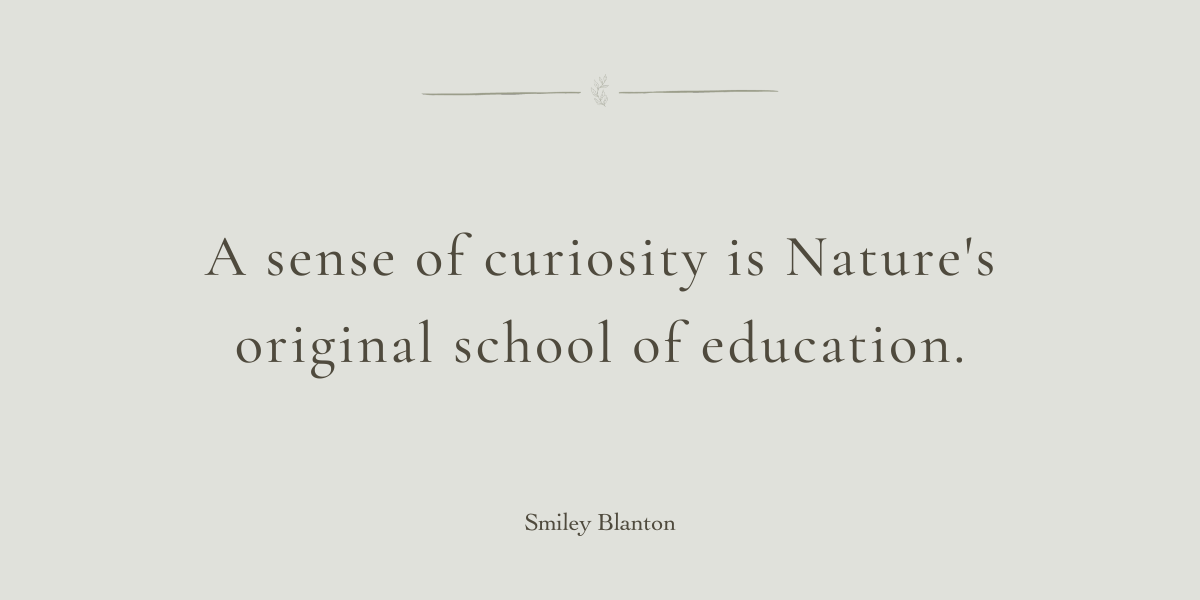
Curiosity and Health
The physical, mental, spiritual and sensual stimulations and sensations that come from being curious and seeing every moment in life as a new beginning result in untold benefits to our health, happiness and well-being. Here are just a few ways that connecting with Nature while being curious can help to improve our lives:
Boosts creativity
Consciously tuning into Nature naturally stimulates our senses, our creativity and our imagination - all at the same time. It’s a wonderful way to relax and clear the mind so that creativity can take place naturally. Being curious involves discovering, learning and taking in new sights, smells, sounds, textures and sensations. This not only keeps us mentally focused and aware, it’s a fun thing to do too.
Reduces anxiety
Connecting with Nature is well known for reducing stress levels and promoting feelings of calm and relaxation. Make an investment to spend more time in Nature and practice being curious about your surroundings. This gentle and rewarding activity reduces the heartbeat and lowers stress levels which improves our overall well-being.
Increases activity
Ideally, exploring Nature requires going outside to experience the elements and enjoy close contact with fresh air, natural light and the energy of living things. Walking in Nature and looking after a garden are great ways to get some daily exercise, stay active, move the body and keep bones and muscles strong and healthy.
Walking not only improves mental health, it also satisfies curiosity which releases the brain's positive reward chemical known as dopamine. Those ah-ha moments when something suddenly makes sense or when we find the answers to a question, generate good feelings that give us the perfect incentive to keep our curiosity alive.
Enhanced learning
Being curious about the natural world, helps us to learn new things about the environment in which we live and all the animals and creatures that inhabit this beautiful planet Earth with us. Enhancing our knowledge and understanding of the world around us is crucial if we want to create the most harmonious and healthy living environments for ourselves and every other living being.
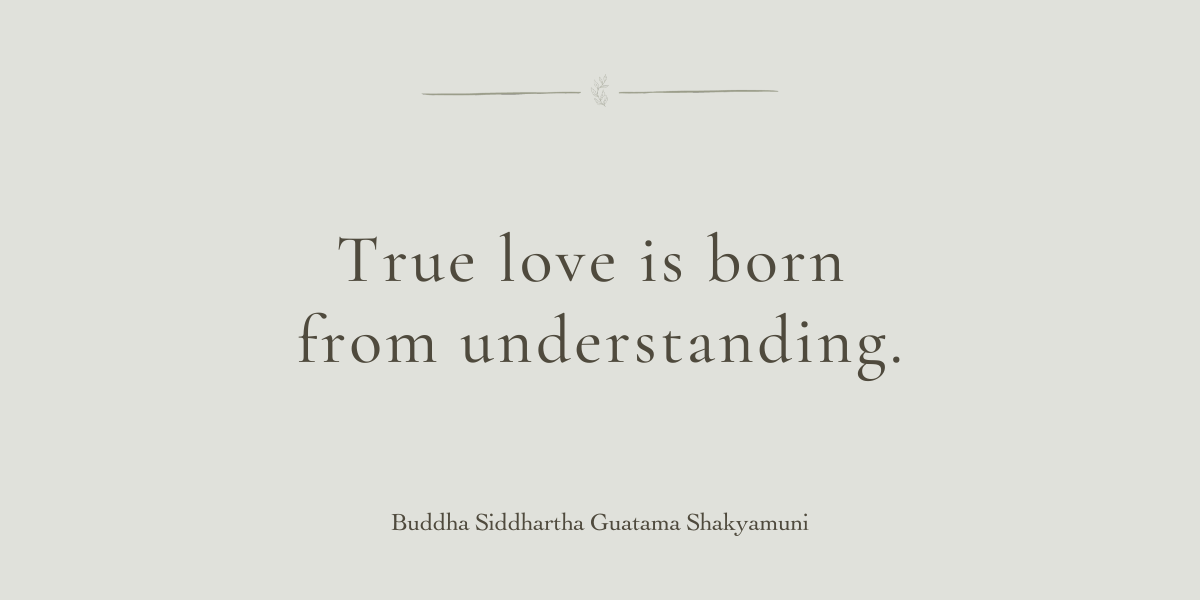
Curiosity and You
We can read about the importance of curiosity and adventure in Alice in Wonderland. It was written to remind us that we each have an insatiable curiosity that leads us on a journey of self-discovery and growth. It is a clear reminder that our willingness to explore new ideas and experiences helps us to break free from the constraints of everyday life and discover worlds of wonder and possibility.
Curiosity and adventure help us to break free from monotonous routines that are no longer serving us well so that we can find new passions and interests. By being open-minded, meeting new people and doing new things, we expand our horizons and discover new aspects of ourselves.
The best way is to try to maintain a balance of curiosity and adventure with a sense of responsibility and caution. While it is always a good idea to consider potential risks and consequences, we do not want to lose our sense of sponteneity and fun.
Now that so many of us spend the majority of our time indoors, we do well to remember how much this disconnects us from the natural world and our natural rhythm. This can have a detrimental affect as every day we need to stimulate our senses, expose our bodies to daylight, breathe in the fresh air and focus on things that bring us pleasure, reward us and make us feel well.
Mindful walking is an ideal way to spend time outside and cultivate a sense of curiosity and connection with Nature. It helps us to clear the mind and engage in the moment which provides the incentive needed to keep being curious, keep wanting to learn and keep experiencing the joy of life in each given moment.
Stay forever curious and I look forward to seeing you again soon.
Thank you for sharing!
for you, for me and for Mother Nature
Latest Posts
All Posts

